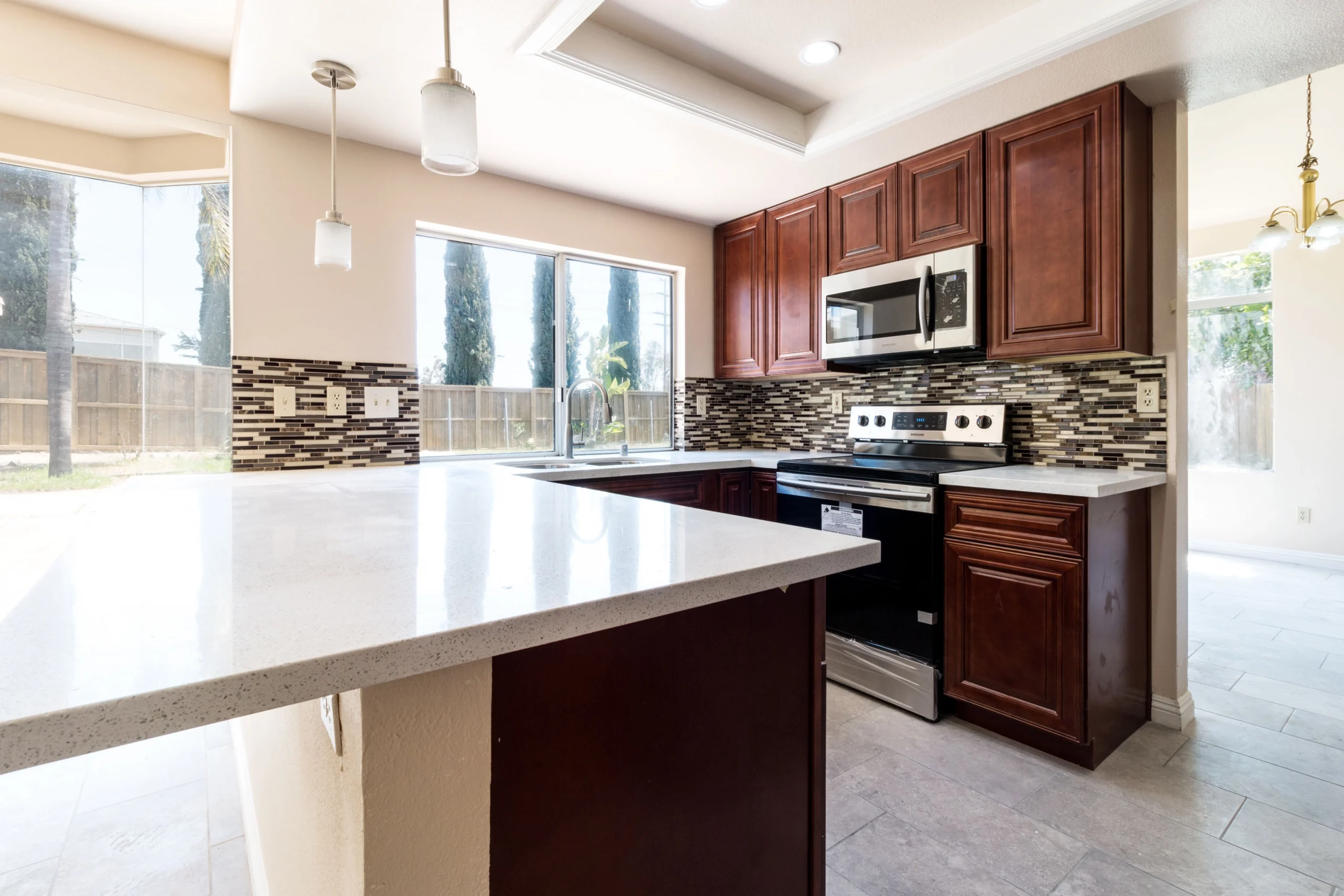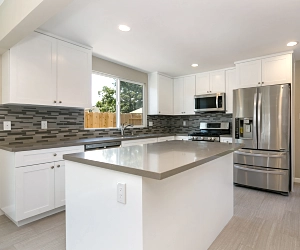
Renting your own San Diego residential property, presents some unique legal challenges. Below are eleven examples of common mistakes landlords might run into:
- Making sure to check on the health and safety of your property, and for any hazardous conditions. This is basic stuff, as an owner your manager should be checking for these issues. Don’t let it fester till it become a legal issue.
- There is a saying that goes “if you fail to plan, then you plan to fail” Have a plan on how to deal with an unhappy tenant. If they don’t like a situation, be respectful, listen and always be consistent. Situations that are handled erratically or inconsistently could lead to a legal problem.
- Using a generic lease agreement could create a few different headaches later. Use your own that follows the laws of the state of California and any city ordinances.
- Be aware of prospective tenants’ credit issues. Landlords should make sure their tenants have decent credit history. Otherwise, problems may arise when collecting rent.
- Tenants’ criminal background MUST be checked out for any possible criminal history for which a Landlord might be held liable for. You should know when for instance your prospective tenant might be a sex offender.
- Being aware of tenant’s prior evictions, it is critical that a landlord knows of ANY evictions that tenants may have on their record. Perhaps this issue is the most important one & sadly the most overlooked peace in vetting a new tenant.
- Checking for new real estate laws or regulations. Laws on the federal, state and San Diego local constantly change. Search for new laws to stop on top of it.
- Not having tenants sign liability waivers. These waivers will help legally protect you from normal practices.
- Having tenants with no renters’ Insurance policy. A renter’s policy for a tenant is critical, in case of water damage or any liability. Your tenant’s will be protected and help protect you as well.
- Mixing the rents from multiple properties in one account. This creates confusion.
- Depositing the security deposit in the wrong account. Many states require security deposits not be placed in the owners personal accounts. Landlords should have a separate property management trust account.
These are all easy items to fix. The most critical thing is to screen your tenants thoroughly as well as research your local tenant/landlord laws.



